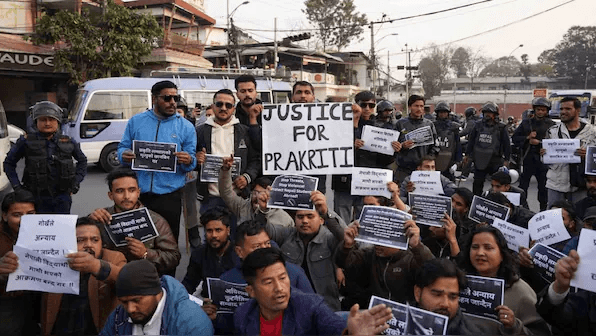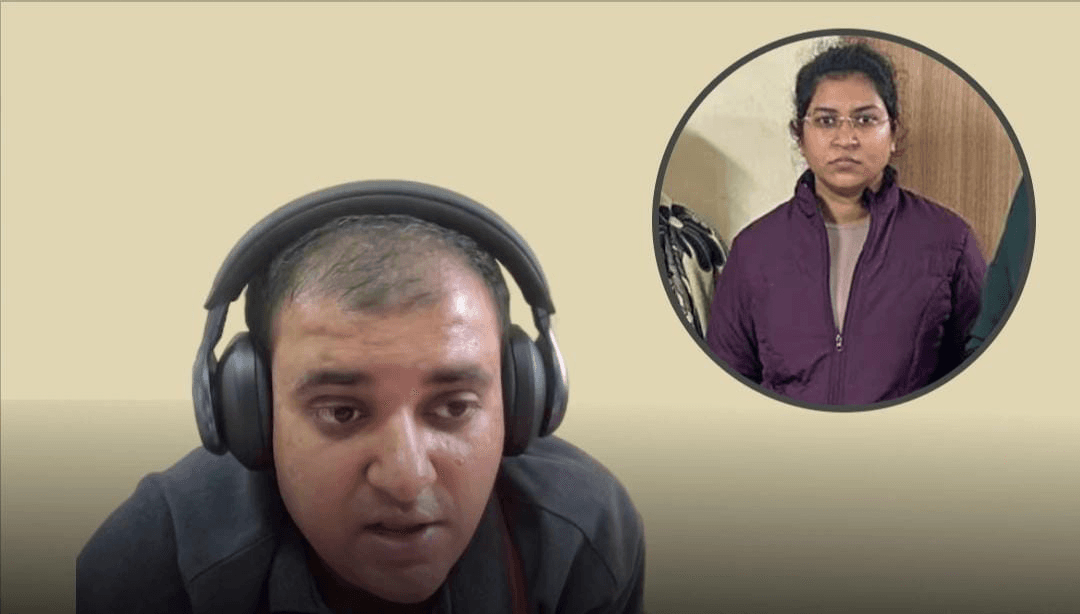
A 33-year-old journalist has been killed in Chandigarh. The significance of his death runs deeper. How?
Mukesh Chandrakar was a 33-year-old freelance journalist. While the world was out celebrating the start of 2025, Mukesh went missing. On the 3rd of January 2025, Mukesh Chandrakar's body was found in a septic tank of a compound owned by Suresh Chandrakar at Chattanpara Basti in Bijapur town of Chhattisgarh. Suresh Chandrakar was a contractor who had been implicated in a story about corruption in the Union Territory of Chandigarh by the now late Mukesh Chandrakar. Mr. Suresh is the prime accused in the matter. It is also being alleged that Suresh's family had engaged in methods in order to hide evidence from being found.
The police have arrested the contractor and two others in connection with the journalist's murder, but the significance behind Mukesh's death runs deeper. When a young and enthusiastic, law-abiding, journalist reports on corrupt practices in a small town or village, what soon transpires is that he/she has been attacked or slapped with a legal notice. Sometimes, this legal notice is an encounter by force, which is not even closely legal in its nature. Most journalism freelancers have little to no financial support from the papers or channels they contribute to. They are left at the mercy of the decision makers, who are often the very people they accuse in their stories. It is not easy to be in their shoes.
What this means in the larger scheme of things is that journalism is slowly becoming an untrustable practice. Because bullies, like powerful police officers and private contractors, may misuse their strength to bias the information given and submitted by the journalist, just for them to be seen in the limelight. This is a concern that demands attention. The story of many like Mukesh is left unnoticed. Just seen as a day-to-day murder. The root causes are never addressed. The central government, as well as the state government, pursuant to the rights of the public under Article 19 of the Indian Constitution, must provide basic privileges and safeguards to such journalists. Only then, shall the Indian media run free and run true.
Written by Ikshit Sethi
Please note that the matter covered in the following article is currently under prejudice and under ongoing investigation by the authorities. The article has been written with the help of all current available information.


